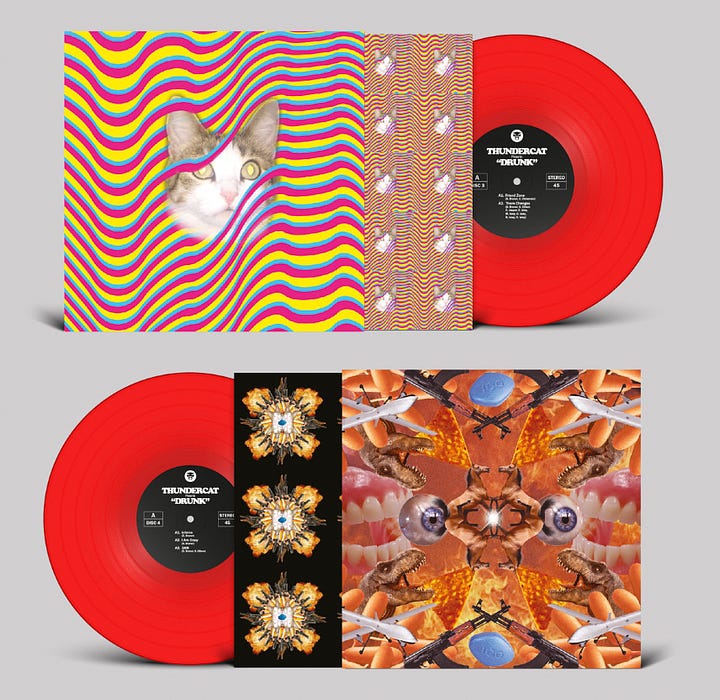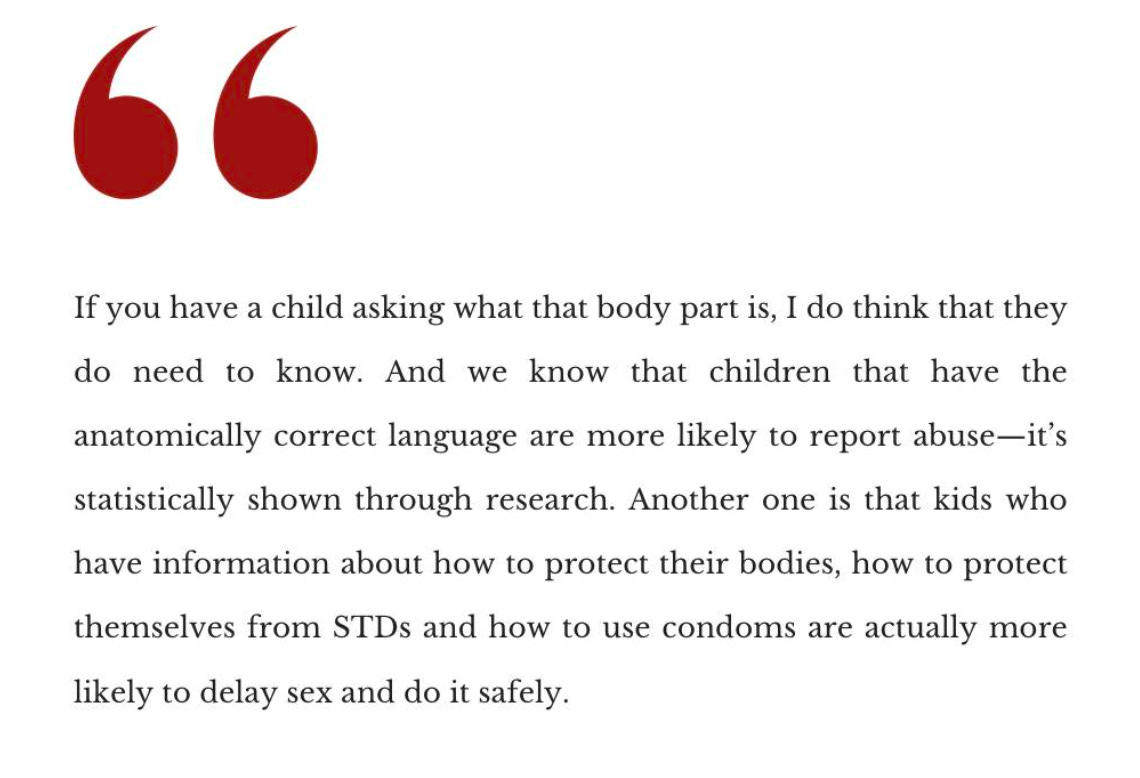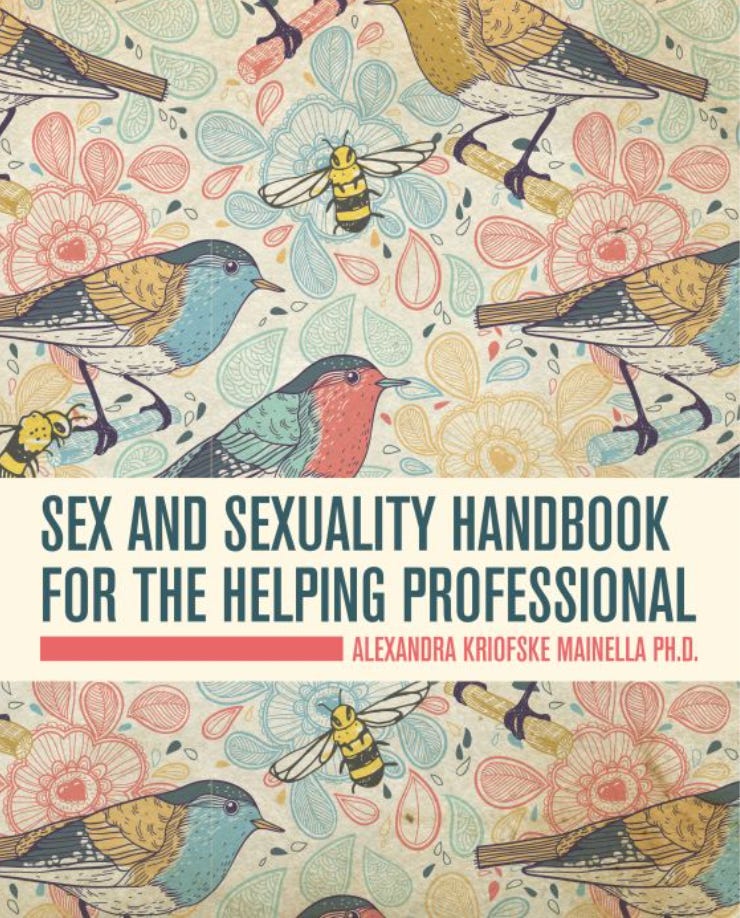Issue #55: a. few. THINGS.
revisiting blood deficiency, a few things from this week's podcast episode, the nostalgia of summer smells, Turkish coffee spice, and hello RHUBARB season.
Did a friend send you this? Subscribe to receive our newsletter in your inbox weekly.
“A lot of people resist transition and therefore never allow themselves to enjoy who they are. Embrace the change, no matter what it is; once you do, you can learn about the new world you’re in and take advantage of it.”
~ Nikki Giovanni
Last week, we were talking about how postpartum and perimenopause can collide in unexpected ways—and this week on the podcast, the focus shifted to puberty. We got into the real talk: how to navigate conversations with our kids about sex, their changing bodies, and the big emotions that come with it all. For many of us, these conversations don’t come naturally because we didn’t grow up having them ourselves. It can feel awkward, vulnerable, and even a little bittersweet—especially as we watch our kids grow out of the versions of themselves we've known for so long.
Letting go of the little kid years and stepping into this new phase with them takes courage. We want to protect their innocence, preserve their childhood—but puberty has its own kind of magic. It’s not just awkward growth spurts and mood swings; it’s a time of becoming, of stepping into identity and agency. And for many parents, there’s an added layer: it turns out it’s incredibly common for puberty and perimenopause to be happening in the same household. While your kid is riding their first big hormonal wave, you might be on your own unpredictable ride. The overlap of puberty and perimenopause under the same roof isn’t just a coincidence—it’s a mirror. As our kids grow into themselves, we’re often being called to do the same. These parallel journeys might stir up discomfort or grief, but they also crack open space for reflection, reconnection, and radical growth.
What often makes these transitions feel so overwhelming is the pressure to resist them—to hold on tightly to what was, instead of getting curious about what’s next. But when we stop fighting the change and lean into it, we begin to see what it has to teach us. We open up to the possibility of becoming someone new—more grounded, more aware, more aligned. That’s the real power of transition.
This week, we’re leaning into that possibility and also touching on a few other things that came up in the episode—how to handle heavy periods and anemia, a few books and shows that may make the sex conversations a little easier, and Five Senses Friday from one of the mamas on the podcast.
ICYMI on the podcast this week…
In this episode, Theresa is joined by a circle of moms we love (Element, Krista, and Meagan) and Alie Kriofske Mainella, a counselor specializing in sexual health education and psychology who leads educational sessions in schools. Together, they engage in a thoughtful and honest conversation about how they’re talking with their kids about their bodies and sexual health.
a few things mentioned on the podcast…
some books + a show
The show that Meagan has been watching and enjoying with her son.
GET TO KNOW KRISTA! This week’s Five Senses Friday is from one of this week’s podcast guests—Krista is a nationally board certified acupuncturist and founder of Hundred Grasses Acupuncture. She brings a deep, integrative approach to care, rooted in Traditional Chinese Medicine, breathwork, mindfulness, and her background in healthcare advocacy. Krista and I (Rebecca) met in acupuncture school, and I always love when we can connect—she’s an intentional, compassionate human and a truly thoughtful practitioner.
TASTE: Turkish Coffee Spice. There are warm, spicy and sweet flavors I nostalgically associate with coffee, and cuisine, back from when I studied abroad. I easily revisit those flavors through a spice mix that I love. They are like the spices I called “Thanksgiving spice” when I was a kid - you know, anything to do with apple pie. It’s delicious with coffee obvs, also in tea, on top of yogurt, chia pudding or oatmeal. I use it in pasta sauce sometimes, meatballs, on apples and peanut butter… Turkish Coffee spice mix from Zamourispices.com Here is a link to why spices like this tick my professional boxes as an acupuncturist, too.
SEE: Sometimes I am struck hard by things that look orderly and friendly at the same time (versus clinical). As a person with ADHD, such a combo brings me great joy. So when I enter a second hand store that arranges its clothing by color, especially in rainbow order, it’s immediate eye-joy for me. Squeeee! This started when I was trying to dress my first baby sustainably, but would get overwhelmed with picking up random used stuff from other moms that didn’t go together, in my mind. Being able to start with a color foundation, and then choose items monochromatically, felt really doable to my stressed out brain. Check out this article on how creating a color palette can simplify your style and save you time and stress. This one on organziing a closet with ROYGBIV or this one on creating a personal color palette.
women + ADHD
Stay tuned next month on the podcast for a discussion on women and ADHD—how it often goes undiagnosed, the unique ways it shows up across the lifespan, and what it means to have language for one’s lived experience.
HEAR: Insight Timer App. On this app alone I just saw I have done 1907 sessions! My frequency on average is every other day. Since 2011. That is just on this app alone lol. Dang!! Here are some of my favorites:
SMELL: The smell of plastic pool floats brings me back to community pools and day trips to the lake when I lived in the Southeast US as a young kid. This actually was an easy sense choice for me. That’s how much I have always loved this weird smell. It’s like freedom and sunny days.
TOUCH: Thundercat. I am going to call this Touch/Feel. Because I can’t listen to Thundercat’s music without my whole body feeling extra alive. Not just Thundercat of course, but especially Thundercat. I feel the bass, and all the activity and layers… and constant surprise, while still feeling soothed and connected. A friend told me she thinks his music is too chaotic. I agree, except it’s good chaos for me, even more so when live. I can’t pick a fav song, maybe Captain Stupido if I have to pick one but don’t hold me to it.


What is appealing to your senses right now? What are you reading? watching? cooking? wearing? loving? obsessed with? We would love to share some of your picks in future newsletters!
anemia + revisiting BLOOD deficiency…
On the podcast, Element shared that her daughter’s introduction to her cycle was horrific…60 days of heavy heavy heavy bleeding to the point where she had to have blood transfusions.
If you missed our social post a few months ago, a recent survey commissioned by @wellbeingofwomen found that 9 out of 10 menstruators cannot identify the signs of heavy menstrual bleeding, despite its impact on health and daily life. If you’ve ever wondered whether your period is too heavy, here’s what to look for:
🔴 Bleeding that soaks through a pad/tampon every 1-2 hours (or less)
🔴 Passing blood clots larger than a quarter
🔴 Periods lasting longer than 7 days
🔴 Feeling fatigued, dizzy, or short of breath
🔴 Needing to double up on protection (tampon + pad)
🔴 Regularly bleed through your clothes or sheets
🔴 You have to plan everyday activities, like shopping, going to work or exercise around your periods because you bleed so much
* If you are bleeding through two or more tampons or pads each hour for two to three hours in a row or are experiencing weakness, dizziness, shortness of breath, or chest pain along with heavy menstrual bleeding, you should seek emergency care.
Untreated heavy menstrual bleeding can lead to iron deficiency, anemia, fatigue, and blood deficiency from a Chinese medicine perspective—affecting everything from your mood to your focus.
If you missed ISSUE #28 on blood deficiency and tips to nourish blood, find it here!
The substack below is worth the read for anyone who has heavy periods (even though it says it is for perimenopausal women), athletes (because iron is lost with sweat and training increases production of red blood cells), those with inflammatory bowel issues, or those who have symptoms of iron deficiency such as:
Absent mindedness
Decreased cognitive function
Decreased exercise tolerance
Depression
Dry skin
Fatigue
Headache
Hair loss
Joint pain
Memory problems
Muscle pain
Palpitations
Restless leg syndrome
Sleep disturbances
Weakness
Weight gain
Looking for some additional nutrition ideas? Here are a few:
And we leave you WITH…
RHUBARB!
While researching some rhubarb recipes, we found this beautiful “Get to Know Rhubarb” Substack post (and are now subscribers to ) with recipes and this very sweet 6 minute documentary on fifth-generation rhubarb farmers who harvest by candlelight in West Yorkshire.




















